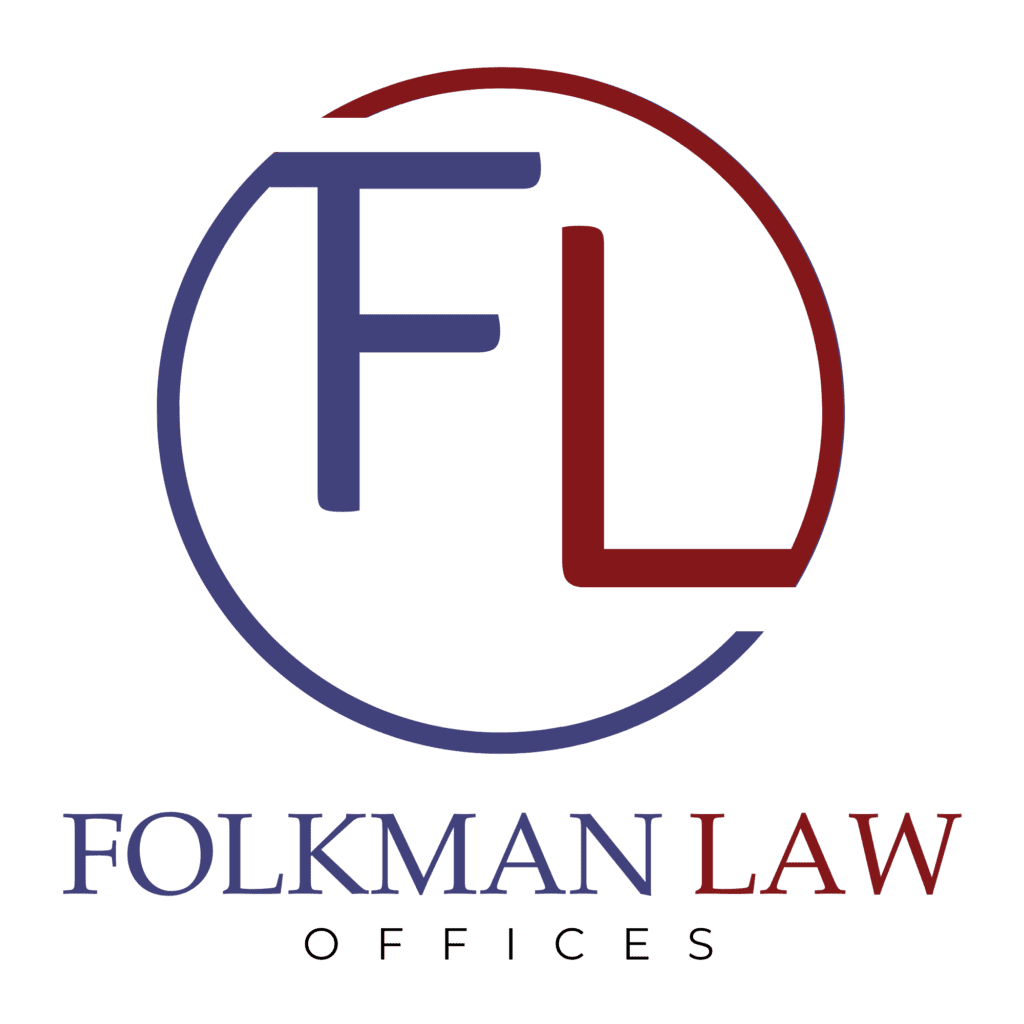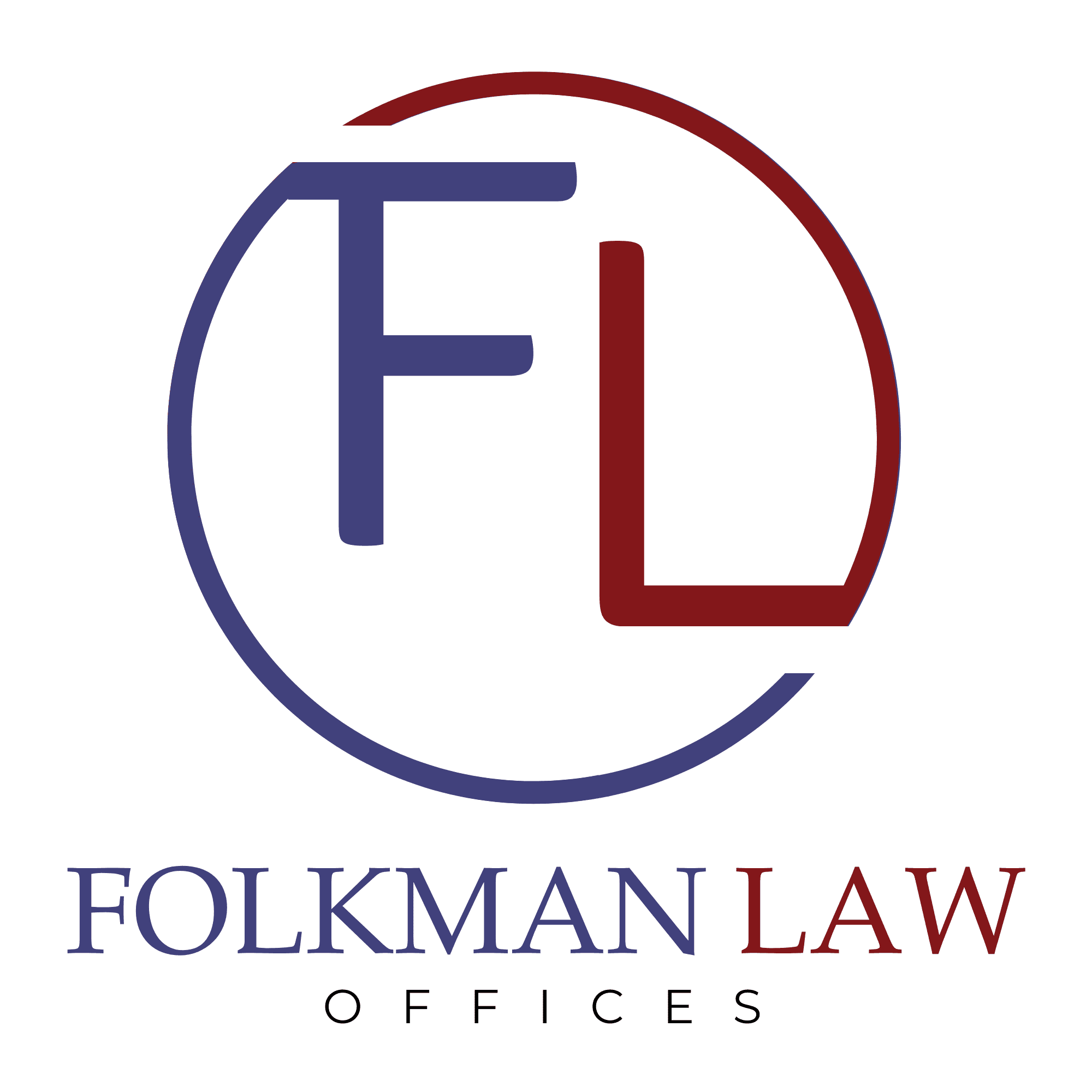The New Jersey Tort Claims Act (“NJTCA”), N.J.S.A. 59:1-1, et seq., provides that “parties suing public entities must comply with strict requirements for notifying and suing those entities.” Feinberg v. N.J. Dep’t of Envtl. Prot., 137 N.J. 126, 134 (1994). The NJTCA bars suit against a government agency or employee unless the claimant presents a written notice to that agency or employee. Id. (citing N.J.S.A. 59:8-4). This written notice must include certain information, including the name of the public entity or employee, if known; the date, place, and circumstances of the incident giving rise to the claim; and a general description of the injury, damage, or loss. See N.J.S.A. 59:8-4. This written notice must be presented within 90 days of the claim’s accrual or the claimant is barred from recovering damages. See N.J.S.A. 59:8-8.
A recent decision highlights the importance of filing the written notice in a timely manner. In Macklin v. Camden County, the plaintiff alleged that three police officers from the Camden County Police Department used excessive force when they assaulted and arrested him without probable cause as he was walking down the street. Civil No. 15-7641, slip op. at 1 (D.N.J. Jun. 28, 2016). Less than a month after this incident, the plaintiff reported the incident to the Camden County Police Department’s Internal Affairs Unit. Id. Two years later, the plaintiff filed a lawsuit in federal court against the three officers, the police chief, the police department, and the county. Id. at 1-2. The defendants sought to dismiss the lawsuit, contending that the plaintiff failed to file a written notice as required by the NJTCA. Id. at 2. The plaintiff admitted that no notice was presented, but argued that his reporting of the incident to IA effectively placed the defendants on notice of their potential liability. Id. On June 28, 2016, Judge Simandle held that the IA complaint did not “substantially comply” with the notice requirement under the TCA and dismissed the plaintiff’s lawsuit. Id. In his opinion, Judge Simandle noted,
[T]he Court finds that the written complaint to Internal Affairs did not substantially comply with the NJTCA’s notice requirements, because it failed to give notice of a potential civil suit for damages against the police department and the amount of damages claimed. . . . [T]he purpose behind this notice of claim requirement is not only to allow the public entity time to investigate the facts and correct the conditions which gave rise to the claim, but to communicate a party’s intention of filing a civil action so that the entity may prepare appropriately by, for example, examining its expected liabilities and indebtedness, preparing a defense, preserving evidence, and foreclosing the possibility of suit by settling meritorious claims. . . . In this case, the complaint to Internal Affairs was simply a request for the police department to look into an alleged incident of wrongdoing. . . . [T]he filing of a complaint with the Internal Affairs Office would expose the officers involved to internal disciplinary measures or criminal liability, but not to money damages.
Id. at 11-12 (internal citations omitted). Judge Simandle concluded that dismissal of the lawsuit was warranted because the “[p]laintiff’s Internal Affairs complaint did not serve the purpose of a notice of claim—to alert a public entity of the possibility of [civil] damages . . . and prepare and plan for a civil suit.” Id. at 15.
As this case illustrates, a claimant seeking damages against a public entity in New Jersey must comply with the strict notice requirements imposed by the NJTCA. Failure to abide by these requirements will result in your potential claim being barred forever. If you feel that you have a potential claim against a public entity in New Jersey, contact our office immediately.
South Jersey Civil Rights Lawyers at Folkman Law Offices are Committed to Protecting the Rights of Injured Individuals
If you or someone you love has been harmed by a public entity in New Jersey, you may be entitled to compensation. Do not delay. Contact the South Jersey civil rights lawyers at Folkman Law today to discuss your legal options. Contact us online or call 856-354-9444 to schedule a confidential consultation with one of our experienced and dedicated South Jersey personal injury lawyers.


